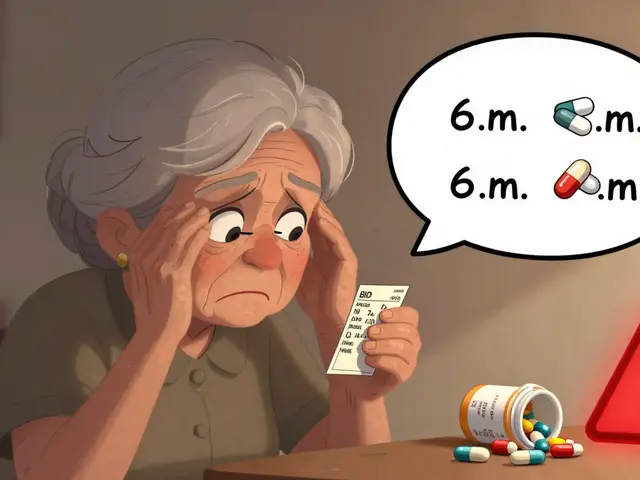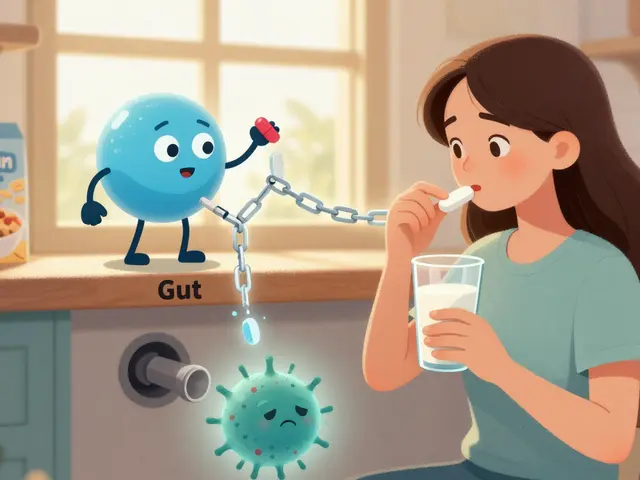
COVID-19 Treatment: What Works, What Doesn’t, and What to Ask Your Doctor
When you’re sick with COVID-19 treatment, the medical approaches used to reduce severity, shorten illness, and prevent hospitalization in people infected with SARS-CoV-2. Also known as coronavirus therapy, it’s not one-size-fits-all—what works for one person might not help another, depending on risk factors, timing, and symptoms. The goal isn’t to cure the virus overnight, but to stop it from turning serious. That means acting fast when symptoms start, knowing which options are backed by real data, and avoiding treatments that sound good but don’t deliver.
For high-risk people—like those over 65, with diabetes, heart disease, or weakened immune systems—Paxlovid, an antiviral pill combination of nirmatrelvir and ritonavir, approved for early use in mild-to-moderate cases to lower hospitalization risk has become a go-to. It’s most effective when taken within five days of symptoms. Remdesivir, an IV antiviral given in clinics or hospitals, often used for those who can’t take oral meds or are at higher risk of severe illness is another option, especially if Paxlovid isn’t suitable. Then there’s monoclonal antibodies, lab-made proteins that help the immune system target the virus, though their use has dropped as new variants emerge and newer drugs take over. These aren’t magic bullets—they’re tools for specific situations, and timing matters more than anything.
What doesn’t work? Antibiotics. They fight bacteria, not viruses. Hydroxychloroquine? Studies show it doesn’t help and can cause heart problems. Ivermectin? No reliable evidence it works for COVID-19 in humans. Even zinc and vitamin D supplements? They might support general health, but they won’t stop the virus from spreading in your body. The real value in COVID-19 treatment isn’t in chasing every trend—it’s in knowing what’s proven, when to use it, and how to get it before it’s too late.
If you test positive, call your doctor right away. Don’t wait for symptoms to get worse. Ask: Can I take Paxlovid? Is remdesivir an option? Do I need oxygen or monitoring? Your risk level, other meds you’re on, and how long you’ve been sick all shape the answer. Most people recover at home with rest, fluids, and fever reducers—but for those who need more, the right treatment at the right time makes all the difference. Below, you’ll find real comparisons of medications, side effects, and what to watch for—not guesses, not hype, just what people actually use and what doctors recommend.
-
21 Oct







